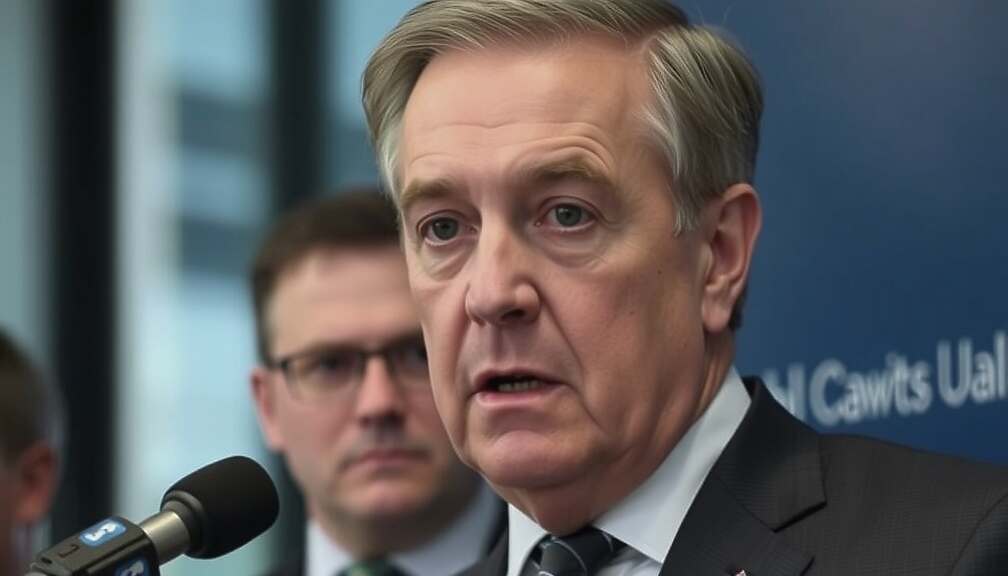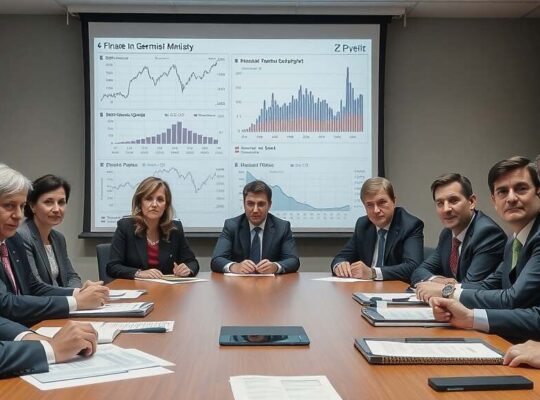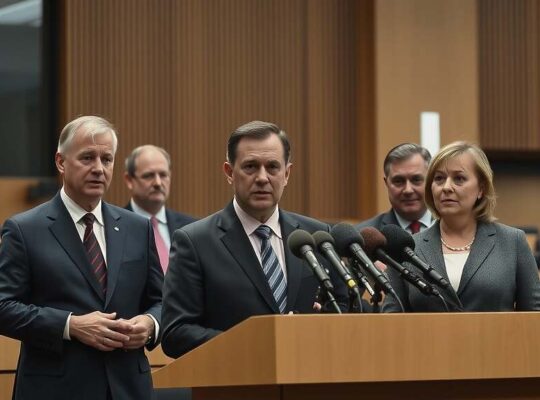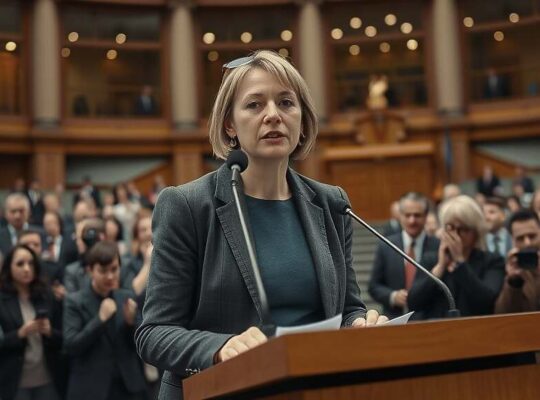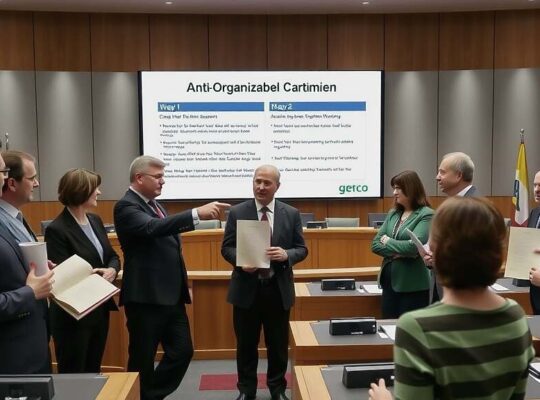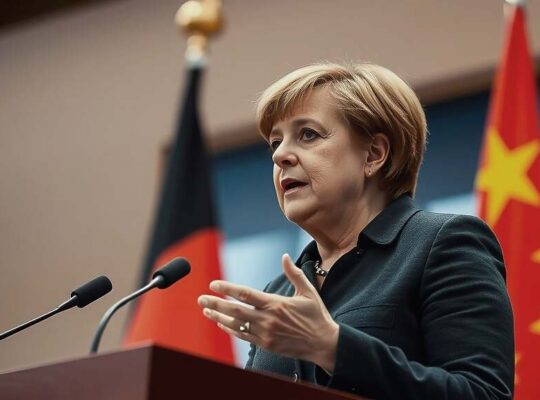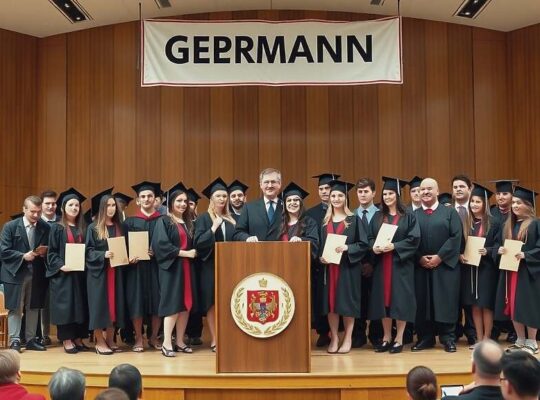Discussions are intensifying within Germany’s governing coalition regarding potential funding sources for a significant reduction in electricity taxes. SPD budget policy spokesperson Thorsten Rudolph has suggested that certain existing social programs could be reconsidered to facilitate the tax cut.
Rudolph, in comments to POLITICO, stated that if the conservative CDU/CSU alliance is genuinely committed to lowering electricity taxes, they should prioritize corresponding cuts in what he described as “expensive election promises” specifically mentioning the “mother’s pension” agricultural diesel subsidies for the farming sector and tax breaks for the hospitality industry.
The debate centers around the ongoing efforts to ease the burden of high electricity prices for both consumers and businesses. Rudolph criticized what he perceived as a shift by elements within the CDU/CSU towards positions previously championed by the Free Democratic Party (FDP), accusing them of undermining coalition agreements. He also noted that contributions towards fiscal consolidation have, so far, primarily come from Bärbel Bas and Reem Alabadi-Radovan within the SPD parliamentary group.
SPD parliamentary vice-chair Armand Zorn echoed the sentiment that numerous options exist to finance further electricity tax relief. Speaking on the “Berlin Playbook Podcast” by POLITICO, Zorn emphasized the need to achieve a comprehensive package solution, enabling reductions in electricity prices for both households and the business sector. He acknowledged the initial steps already taken and underscored the importance of securing stable funding mechanisms to support the planned reductions. The conversations reflect a complex negotiation process as the coalition seeks to balance economic relief with fiscal responsibility.


